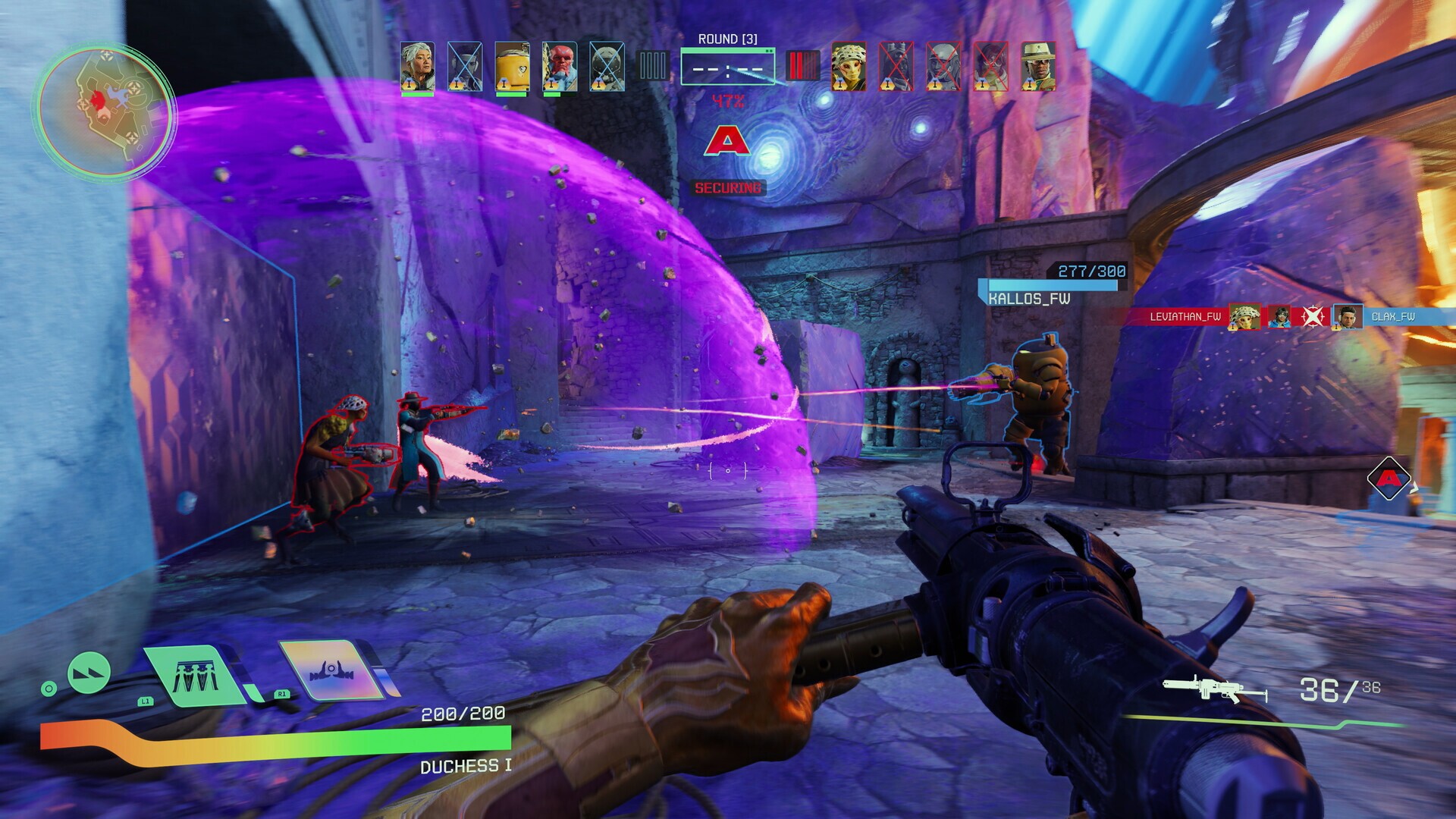Concord Fan Revival Halted by Sony DMCA Takedown Notices

The brief, flickering return of the short-lived hero shooter *Concord* has seemingly been extinguished. A passionate community effort to resurrect the game through custom servers has been met with swift legal action from publisher Sony Interactive Entertainment, effectively halting the project and raising new questions about the preservation of online-only games.
Just days after players were once again able to log into the vibrant, sci-fi world of *Concord*, videos showcasing gameplay from the fan-run servers began disappearing from platforms like YouTube, signaling the end of the game's unlikely second act.
A Fleeting Second Chance
For a moment, it seemed like one of 2024's most infamous cautionary tales was getting a rewrite. A dedicated group of developers and fans successfully reverse-engineered aspects of the game, launching a private server that allowed players to bypass the now-defunct official infrastructure. Word quickly spread through community channels, and for a few days, *Concord* was playable for the first time since its official shutdown.
This grassroots revival generated a wave of excitement and curiosity. Many players who missed the game during its original, blink-and-you'll-miss-it release window were eager to see what they had missed. The project was a testament to the dedication of a community that saw potential in a title the publisher had already abandoned.
Sony's Decisive Response
The revival's newfound visibility, however, quickly attracted the attention of Sony. Reports began to surface of DMCA (Digital Millennium Copyright Act) takedown notices being issued against content creators who had uploaded gameplay footage from the custom servers.
A key developer involved in the revival project confirmed in a community Discord server that Sony was actively targeting their content. These takedown notices, which are legal instruments used to address copyright infringement, effectively made it impossible for the community to share its progress or gameplay. While the servers themselves may not have been the direct target, cutting off the project's ability to be seen and shared publicly has put its future in serious jeopardy. The momentum that was building around the game’s return came to an immediate and decisive halt.
The Troubled History of Concord
To understand the significance of this fan revival, one must look back at *Concord's* turbulent and historically short lifespan. Developed by Firewalk Studios, the 5v5 hero shooter launched on August 23, 2024, for PlayStation 5 and PC as a major first-party release for Sony.
Despite a polished presentation and a charismatic cast of characters, the game failed to capture a significant audience. It faced stiff competition in a crowded market and received a lukewarm critical reception, with many pointing to its premium price tag as a major barrier to entry for a live-service multiplayer title. The player count dwindled rapidly, and in a move that shocked the industry, Sony announced it was taking the game offline permanently.
The official servers for *Concord* were shut down on September 6, 2024, just two weeks after its launch, making it one of the fastest major game shutdowns in modern history. The game was delisted from digital storefronts, and a game that had been in development for years simply ceased to exist for the public.
The Broader Debate on Game Preservation
This recent series of events with *Concord* highlights a larger, ongoing issue within the video game industry: the preservation of "live-service" and online-only titles.
Unlike a traditional single-player game that can be played decades after its release, online-only games are entirely dependent on official servers to function. When a publisher decides to shut those servers down, the game becomes completely unplayable. In many cases, fan-run projects and private servers are the only way these pieces of interactive art can be preserved and experienced by future generations.
The actions taken against the *Concord* revival project underscore the conflict between a publisher's right to protect its intellectual property and the community's desire to keep a game alive. For fans, this wasn't about circumventing a purchase; *Concord* was no longer for sale. It was about preserving a piece of gaming history that would otherwise be lost forever. As the industry continues to lean heavily on the games-as-a-service model, the fate of titles like *Concord* will remain a critical topic of discussion. For now, the resurrected shooter appears to be gone once more, its future left in the hands of the publisher that first brought it to life and then so quickly laid it to rest.